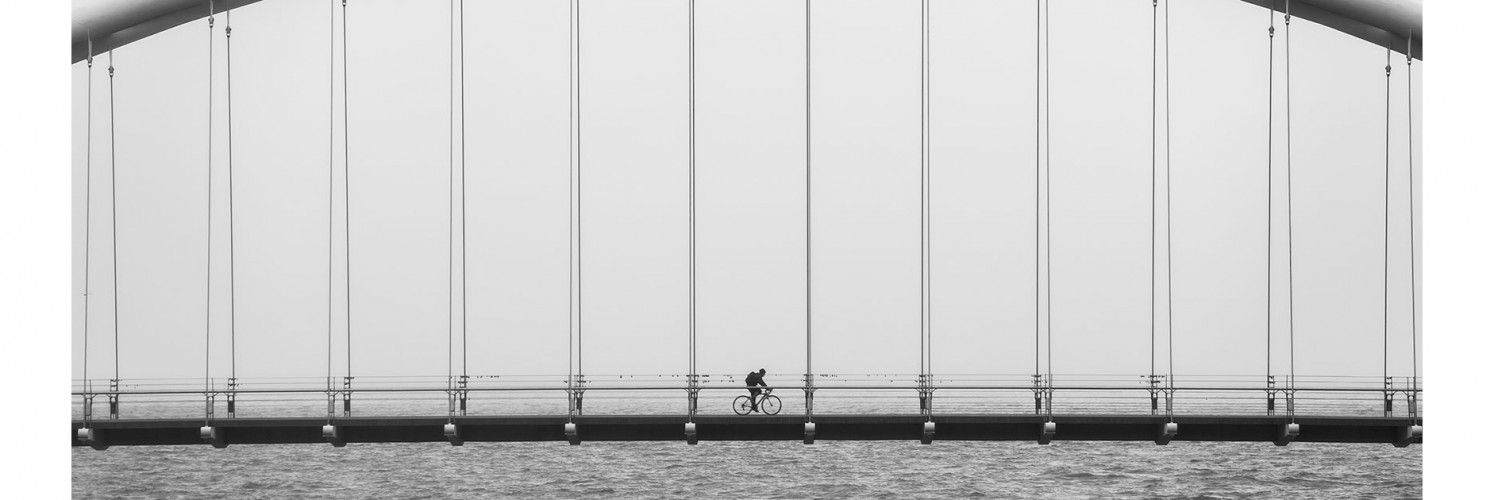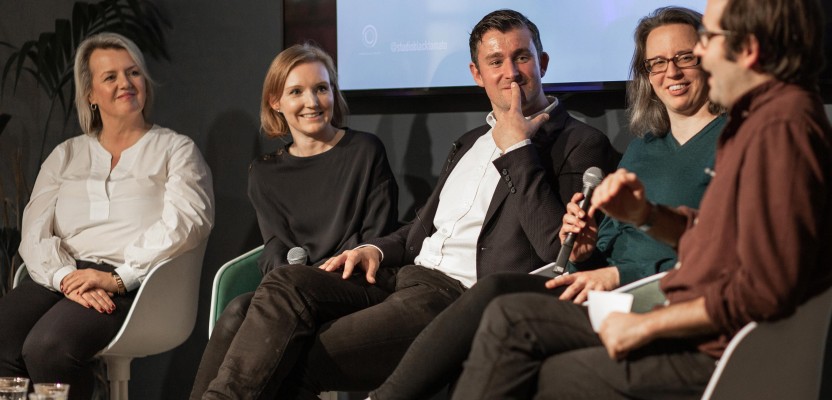To understand why the flight experience often feels like it’s lagging behind the rest of the travel industry, we interviewed travel experts and frequent flyers and compiled a research report titled Heightened Emotions – An analysis of how we feel when we fly, which categorises emotions felt during the overall flight experience.
Whilst this research report collates passengers’ views on flying, we also wanted to hear perspectives and challenges from the psychology, travel and airline spaces to widen our conversation. For our second instalment of Culture Connects panel discussions, we therefore invited Julie Murphy, Country Sales Manager at All Nippon Airways, Carolyn Addison, Head of Product at Black Tomato, Adam Long, pilot at British Airways and Clare Jonas, psychologist to discuss their perspectives on our research.
Moderated by our very own strategy director Adam Larter, our panellists discussed their perspectives on topics such as creating a more relaxed airline experience, “uberising” the user journey, the psychology behind passenger emotions and the future of pilotless planes… Each point below represents a hypothesis taken from the report that we put to the panellists for discussion.
1. Should service be at the request of each passenger for the full flight duration?
Could service such as mealtimes become more of a choice rather than something that is thrust upon the passenger?
Our research showed that plane food and uncertainty around mealtimes (on long haul) can cause passengers some restlessness and stress. The overhead service button is an item that represents service on request well. However, it is used differently depending on personality. Whereas extroverts will have no issue ‘pinging’, other more introverted people can be mortified at the idea of using it. Should airlines actively encourage their passengers to use it? According to Clare Jonas, catering to both extroverts and introverts is possible for airlines by understanding their customer base. Britain, for instance, is roughly made up of 70% extroverts and 30% introverts, however in other cultures this ratio could differ significantly. For All Nippon Airways, catering to all passengers’ personalities and demands can be difficult and ultimately comes down to the culture of the airline and how they speak to customers.
2. Should information be digital, transparent and visual, 'uberising' the experience?
The success of apps such as Uber, Monzo and Deliveroo can be attributed to their transparency. Knowing when your car will arrive and exactly how much your food will cost provides peace of mind for the customer. Could airlines move in this direction?
Imagine opening an app that would give you all the information you need to plan your trip, get you through the airport, track where your flight is coming from, but also explain why there is a delay, when the plane is being fuelled or a precise countdown until taxiing, take-off and landing.
Our research actually showed that some passengers enjoy the disconnection from the digital world on board a flight though, so would prefer less technology. The solution here, suggests Julie from All Nippon Airways, comes back to offering the possibility to have this information available to customers. Those who wish to opt out can, and those nervous flyers who need reassurance could enjoy this service.
3. Should flying be a 'free-from' experience with no announcements, adverts or safety briefings that feel intrusive?
Do passengers imperatively have to listen to a long-scripted speech down a bad connection tannoy with no option to opt-out if they’ve heard it before?
The announcements made contradict the craving passengers have for calm and to have no intrusions when onboard a plane. Our research showed that all the information shared by airlines from the minute the booking is made, right up to final airport announcement can induce fear and stress in passengers, when they are actually intended to reassure. Clare Jonas, our psychologist, confirmed that being overwhelmed by information can be a trigger for anxiety.
For British Airways and All Nippon Airways, safety comes first. Announcements need to be made to reassure passengers, but must also be made at the right time to not disturb them. For Adam Long, the pilot is the ultimate figure of authority on a plane and that is also the simple reason why they wear a pilot hat. It’s a comforting mark of authority. By removing pilot announcements on board a plane, you therefore remove the environment’s sense of security.
4. Should planes have real plants, fully controllable air conditioning, stretching zones and unlimited bottled water as standard?
Could airlines take a ‘wellness spa’ approach to relax their passengers?
Julie Murphy pointed out that All Nippon Airways’ new aircrafts now offer mood lighting and diffuse aromas depending on the progression of the flight, to create a more calming environment.
To Adam Long, elements such as smell and lighting can be great for relaxation but ultimately, a plane’s job is to get passengers to their destination. Having worked as an aircraft engineer before, he confirmed that the utmost care is taken to reduce the amount of added weight on an aircraft – even shaving grams off the metal cutlery! Plants would therefore not work.
5. Should airlines ingrain their culture's values into the flight in order to heighten the travel experience as a whole?
To increase the excitement of passengers travelling to or from a destination, should airlines include more personality from the culture of origin?
All airlines do this differently and the general consensus on the panel was that if done in a clever, subtle way it can render the holistic experience more enjoyable. It can bring a sense of differentiation to the airline, moving away from a one-size-fits all model. For British Airways for instance, this comes across through their onboard Comic Relief security announcements, and for All Nippon Airways this is achieved by providing sleeping masks, an important part of Japanese culture.
The questions raised in our research report and during our panel event both looped back to similar conclusions. Industry experts, passengers and psychologists all agree that there is ample room for change within the airline industry. Amidst projections for pilotless planes (which according to both Adam from BA and Julie from ANA, will become acceptable in years to come) and ecological responsibility in the industry, we raise one final question: is the best possible airline experience just about causing the least offence to the most amount of people?
By Lucy Lowther – Marketing Manager at Studio Black Tomato
FOR YOUR COPY OF HEIGHTENED EMOTIONS, OUR REPORT THAT INSPIRED THIS DISCUSSION WHICH PROVIDES MORE IN DEPTH RESEARCH AROUND THE ABOVE STATEMENTS, CLICK HERE.



